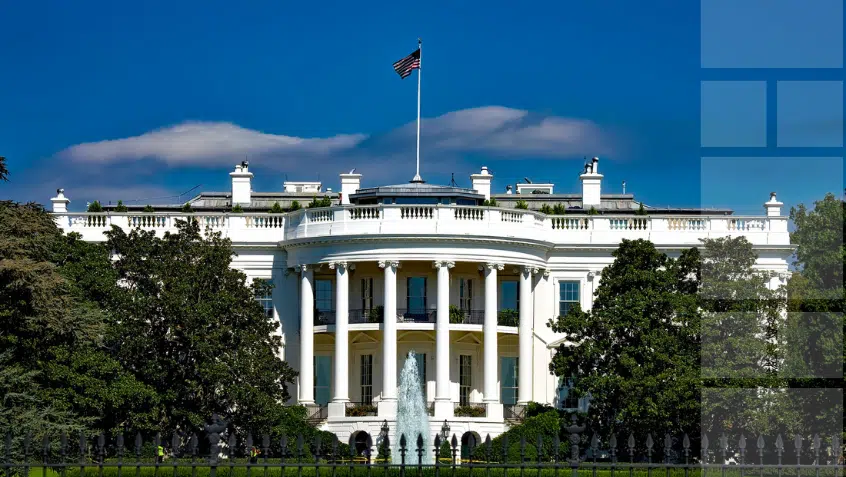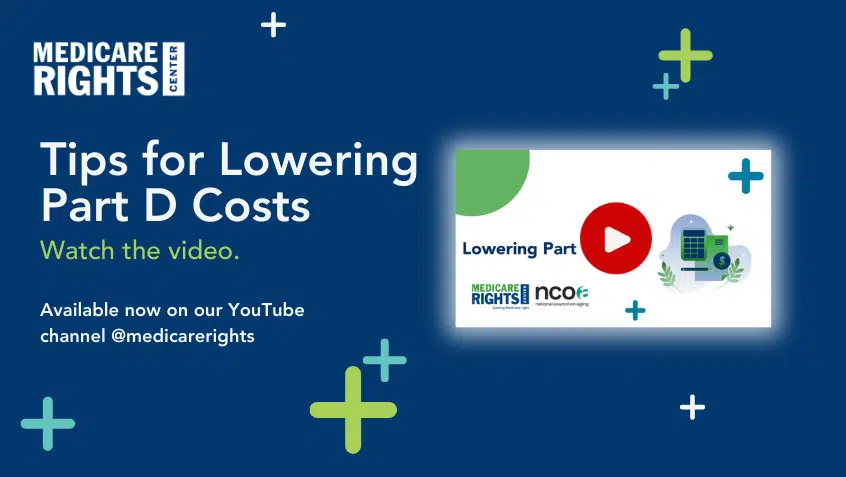Join Us Live for a Discussion on Medicare, Democracy, and the Future of Health Care
Trump Administration Proposes ACA Changes That Would Weaken Nondiscrimination Protections

On June 14, the Department of Health and Human Services (HHS) issued a proposed rule that would significantly weaken the Affordable Care Act’s (ACA) nondiscrimination protections. Section 1557 of the ACA makes it illegal for providers that receive federal funding to discriminate in the provision of health care on the basis of race, color, national origin (including language access), age, disability or sex. HHS is now seeking to limit those protections, changes that would put many already vulnerable populations—including older adults, people with disabilities, people with limited English proficiency, and LGBTQ individuals—at risk of losing access to care.
Importantly, HHS’s proposal is not yet final. Public comments are being accepted through Tuesday, August 13, so there’s still time to make a difference.
Here’s how you can help:
- Learn more: More information about the proposed rule and its potential impacts is below.
- Submit comments: Tell HHS to maintain the ACA’s important nondiscrimination protections. Not sure what to say? Our partners at Justice in Aging have created template comments that may be helpful. Submit your comments here.
- Spread the word: Amplify your voice by sharing this alert widely! Let your friends, colleagues, and networks know you’ve taken action, and encourage them to do the same.
The regulations implementing Section 1557 of the ACA clarify how key nondiscrimination protections apply to health care, including the rights and responsibilities of individuals and health care providers. While the proposed rule would not change the underlying law, it would greatly narrow the scope of the existing HHS implementing regulations, likely reducing access to care for millions and jeopardizing it for millions more. If finalized, the proposed rule would, in part:
- Eliminate the current regulatory prohibition on discrimination based on gender identity, as well as specific health insurance coverage protections for transgender individuals;
- Increase religious freedom exemptions for health care providers;
- Eliminate the protections that prevent health insurers from varying benefits in ways that discriminate against certain groups, such as people with HIV or LGBTQ people;
- Weaken protections that provide access to interpretation and translation services for individuals with limited English proficiency;
- Exempt many insurance companies and many health plans from nondiscrimination requirements;
- Eliminate the requirement for hospitals, doctors, insurers, and other health care providers to tell people about their rights, including the right to auxiliary aids and services at no cost, how to ask for such aids/services, and how to make a complaint if they encounter discrimination;
- Make it more confusing to prove discrimination and go to court; and
- Narrow the scope of the remaining protections by limiting the activities and entities to which they would apply.
These and other aspects of the proposed rule would substantially dilute, and in many cases entirely eliminate, existing safeguards against discrimination. In so doing, the Trump administration would likely increase discrimination in health care, as well as consumer fear; make it harder for individuals to know their rights, interact with the health system, and seek legal recourse; and undermine the ability of many consumers to obtain timely, affordable, high-quality care. This could lead to worse health outcomes, greater suffering, and higher costs both for individuals and the health care system as a growing number of treatable conditions would likely progress into expensive emergencies.
Medicare Rights urges the Administration to withdraw this rule immediately, and to instead work to build upon current law protections so that all Americans can avoid discrimination as well as understand and exercise their rights.
Show Comments
We welcome thoughtful, respectful discussion on our website. To maintain a safe and constructive environment, comments that include profanity or violent, threatening language will be hidden. We may ban commentors who repeatedly cross these guidelines.
Help Us Protect & Strengthen Medicare
Donate today and make a lasting impact
More than 67 million people rely on Medicare—but many still face barriers to the care they need. With your support, we provide free, unbiased help to people navigating Medicare and work across the country with federal and state advocates to protect Medicare’s future and address the needs of those it serves.
The Latest
Most Read
Add Medicare to Your Inbox
Sign up to receive Medicare news, policy developments, and other useful updates from the Medicare Rights.
View this profile on InstagramMedicare Rights Center (@medicarerights) • Instagram photos and videos









